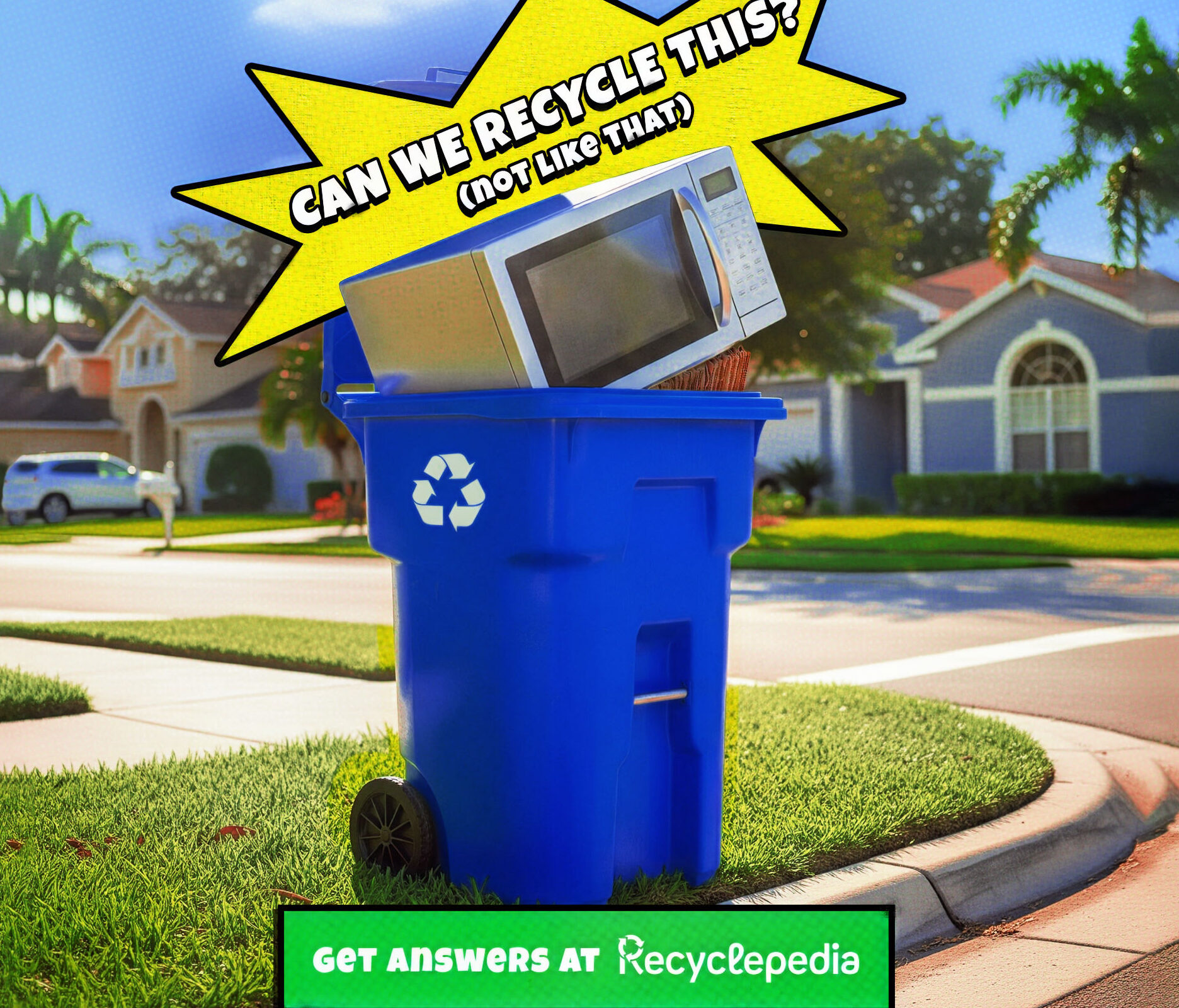Written by John Parker, Emeritus Professor of Environmental Science, Florida International University
Many scientists think that climate change is the most serious long-term threat to natural ecosystems and human society, posing a global risk to human health, water supplies and food security. 97% of climate-change scientists agree that global warming is caused primarily by carbon emissions from human activities, particularly the burning of fossil fuels. Carbon dioxide levels are higher than they have been for over 800,000 years. Scientists have documented an increase in extreme weather events such as heat waves, droughts, floods and wildfires around the world. As temperatures continue to rise, these weather extremes are projected to become much worse, in both frequency and intensity. There has also been a dramatic decline of Arctic sea ice and increasingly rapid melting of ice sheets and glaciers in Greenland, Antarctica and many mountain ranges. This melting, plus a warming ocean, is expected to lead to a sea-level rise of 3 to 6 feet by the end of this century. Several studies have noted that one of the most vulnerable areas in the world is South Florida, predicting rapid degradation of coastal ecosystems and, within the next two decades, problems with salt water intrusion, beach erosion, and flood management.
If we want to reduce the likelihood of long-term climate catastrophes, we need to rapidly reduce our global carbon emissions. In the U.S., we can reduce our use of fossil fuels while creating jobs and achieving long-term economic prosperity by promoting an expansion of solar and wind energy as well as energy efficiency. A national priority should be to implement a carbon tax with the proceeds used to lower income taxes and expand the green economy.
There are many actions that individuals can take to reduce their consumption of gasoline and electricity. We should use mass transit, drive less, purchase high mpg cars such as hybrids, and encourage mixed-use communities designed for walking and biking. We can significantly reduce our cooling energy by increasing insulation, coating our roofs white, installing ceiling fans (particularly in bedrooms), raising the thermostat by 2oF, planting trees to shade east, south and west walls and purchasing high-efficiency air conditioners. Purchasing a solar hot water heater and high-efficiency appliances, particularly clothes washers and refrigerators, are very cost-effective and significantly decrease electrical use. Installing solar electricity panels dramatically reduces energy use and is affordable with available tax credits and rebates. Using drought-resistant plants, conserving water, and composting food and yard wastes can further reduce your carbon emissions.
These measures can promote economic development and increase the quality of our lives while reducing the impacts of a warming planet on humans and natural ecosystems.






